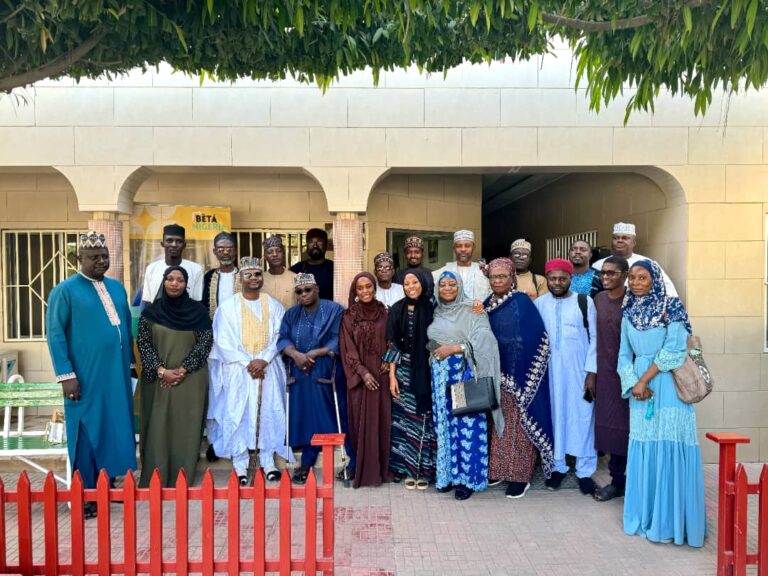By Kolawole Omoniyi
Beta Nigeria, an education coalition, on Tuesday, launched a campaign aimed at complementing stakeholders’ efforts towards addressing problems of out-of-school children and teacher shortage in Kano State.
Grassroots Parrot reports that the campaign called ‘Sakaci Ko Barna’ (negligence or sabotage) is expected to amplify some striking challenges of education in the state and strategies advocacy mechanisms to address the issues.
This was resolved by stakeholders, including government officials, civil society groups, journalists, social media influencers, and members of People with Disabilities (PwDs), at a 2-day Beta Nigeria roundtable program in Kano.
The stakeholders identified political interference and corruption as major drivers of the teacher recruitment and deployment challenges in the state, urging the state government to address the situation.
The group also harped on the limited infrastructure, budget provision, and limited resources as major factors undermining the free and compulsory education law in the state, hence the decline in students’ enrollment, retention, and completion in the state.
READ ALSO: Kano Govt Tasked To Address Rural-Urban Gap In Teacher Deployment
Dr. Auwal Halilu, Co-Chair of Kano State Accountability Forum on Education for All (KSAFEFA), while speaking at the event, urged the state governor, Abba Kabiru Yusus, to sign the teacher recruitment and deployment policy to address some of the issues.
Halilu also tasked the state government with adopting alternative informal structures for learning so as to bridge the infrastructure deficit in the state, especially in rural areas to address the rural/urban divide.
“The major problem is not recruitment, rather the deployment of the teachers, which is not properly done in the rural areas, so the government needs to sign and implement the teacher recruitment policy to address this issue.
“Also, the government cannot easily cover the infrastructure deficit statewide, but they can employ more teachers in rural areas and make use of other structures such as district head houses, shops, and even mosques as alternative learning centers to solve the out-of-school problem.” He said.
On her part, Hajiya Mero Bello, the executive director of the Adolescent Health and Information Project (AHIP), urged the government to prioritize the recruitment of quality teachers and exhibit political will in implementing education policies in the state.
READ ALSO: 32% Of Jigawa Primary Schools Have Two Staff To Teach All Six Classes – PLANE
Hajiya Bello, who doubles as the co-chair for the girls education partnership in Kano, also advised stakeholders on the need to intensify awareness campaigns to educate parents against abusing their children to indulge in street begging.
“”The free and compulsory education law in Kano died on arrival. People were happy when it was introduced, but along the line, the disbursement of uptake became problematic, and then the government had to withdraw some incentives given to schools.
The current government is trying to see that things come back on track, but we are not there yet; they need to be proactive to make the law a reality in the state.
In their remarks, members of the PWDs, through Abdulrazak Ado Zango, Chairman Kano State Initiative for Persons with Special Needs (KIPSN) appreciated Beta Nigeria for making the project inclusive, urging them to sustain the tempo to address the peculiarity of various PWDs in the state.
Highlights of the roundtable discussion included the resolve of the stakeholders to embark on massive digital and physical awareness advocacy towards boosting the educational sector in the state.

